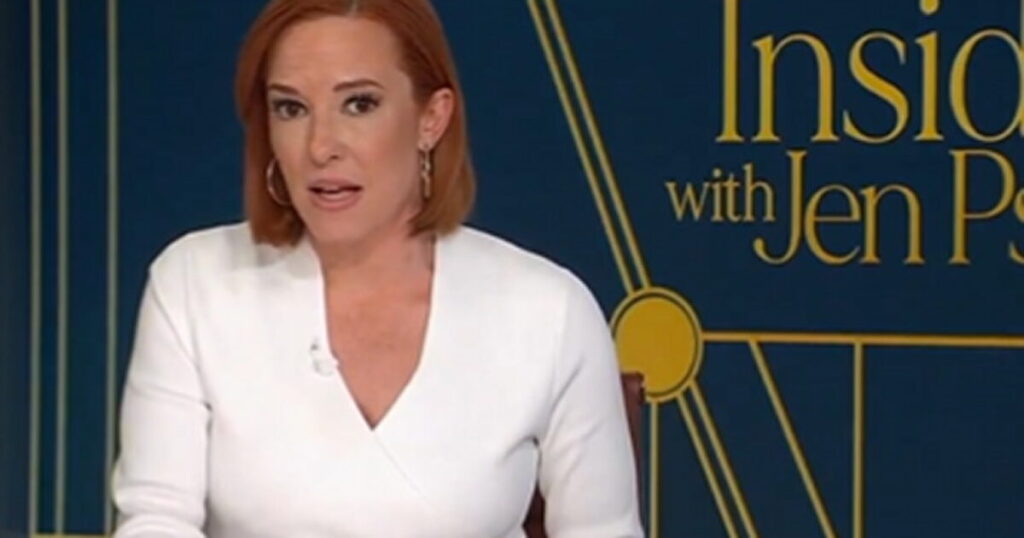Former White House press secretary Jen Psaki has recently called for the regulation of social media platforms to combat disinformation, citing it as a core issue that contributed to political defeats, including Vice President Kamala Harris’s loss to President-elect Trump. Psaki’s advocacy for social media accountability raises eyebrows, especially considering her history of making misleading statements on behalf of President Biden, including claims about his mental state and mischaracterizations related to the Hunter Biden laptop situation. Critics argue that her push for greater regulation highlights a broader desire for control over narratives rather than a genuine concern for misinformation.
In an interview with Katie Couric on her podcast, Psaki expressed concern over the rise of individuals relying on platforms that lack strict fact-checking mechanisms, arguing that such a climate can exacerbate the spread of disinformation. She stated that local and national news outlets face higher accountability standards compared to social media platforms, which allows for unchecked dissemination of falsehoods. Psaki’s commentary suggests a belief that legal changes are necessary to address the disparity in accountability, although she admitted uncertainty about how to fully achieve this.
Psaki’s comments illuminate a growing tension in American politics over the role of social media. As traditional media faces criticism for perceived biases and inaccuracies, platforms like Twitter and Facebook have emerged as significant sources of information for millions of Americans. However, the lack of regulatory measures and accountability on these platforms has sparked concerns from political figures across the spectrum, who fear the consequences of unregulated information flows on democratic processes and public opinion.
Critics of Psaki’s stance argue that her call for regulation may stem from a desire to suppress dissenting views or outline more favorable narratives for her political allies. The left’s perceived loss of control over platforms like Twitter, particularly after Elon Musk’s acquisition, has led some to question whether calls for regulation are genuinely about curbing disinformation or instead about re-establishing a narrative dominance that they feel they have lost. This raises profound questions regarding the balance between free speech and the need for accountable information dissemination.
The ongoing debate over the regulation of social media reflects wider societal concerns regarding truth in the digital age. With algorithms often amplifying sensationalized or misleading content, combating disinformation is a challenge for policymakers. However, the methods proposed—such as increased regulations—must navigate a tricky landscape that grapples with the fundamental rights of expression alongside the pursuit of a more informed public.
As the conversation around social media regulation continues, it is crucial to scrutinize the motivations behind advocacy for such measures. Psaki’s track record raises legitimate concerns regarding her credibility on the issue of disinformation, particularly given her previous misleading statements. Ultimately, the discourse around regulating social media will continue to evolve, as various stakeholders seek to balance free expression with the need for accountability in an increasingly complex information landscape.

